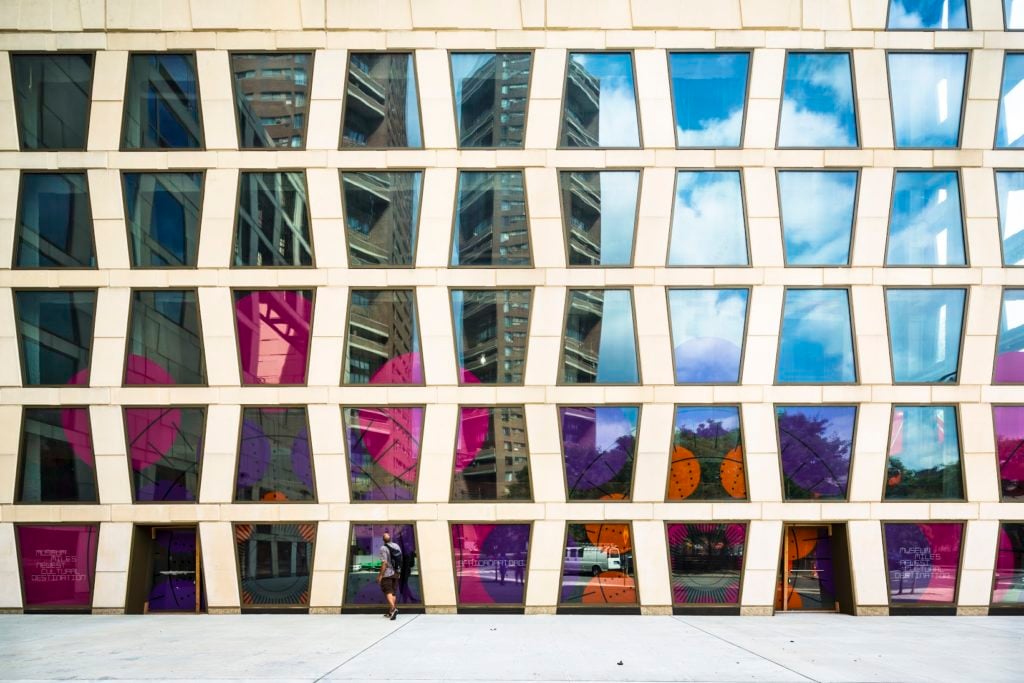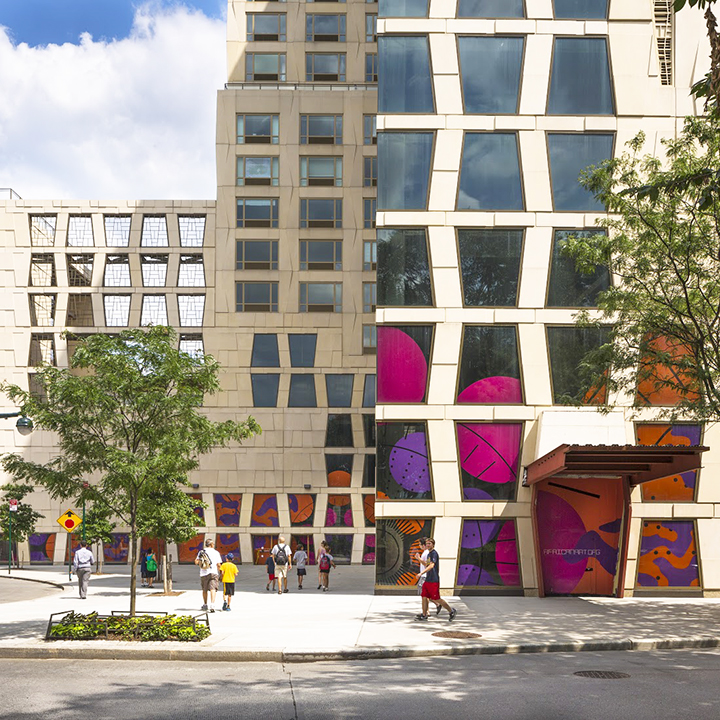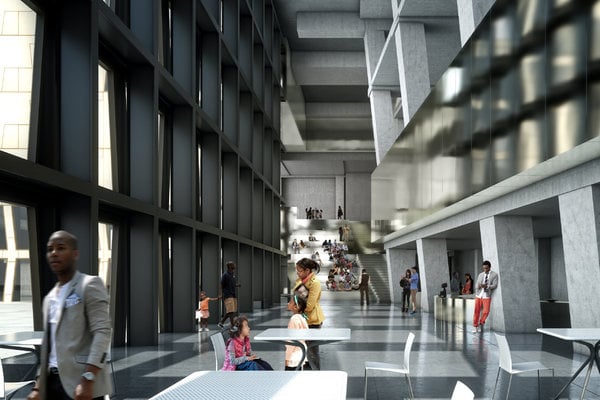Art World
Director’s Departure Points to Struggles at New York’s Africa Center
It's yet another setback for the long-delayed museum.

It's yet another setback for the long-delayed museum.

Sarah Cascone

New York’s Africa Center, which has long aimed to open a new flagship in Harlem, did not announce the resignation of its director, Michelle D. Gavin, last fall, reports the New York Times. The loss of Gavin, who was hired two years ago, appears to be symptomatic of the troubles that continue to plague the institution.
The museum confirmed the director’s departure, telling the Times in a statement that she “made the decision to step down from her role at the center to explore other opportunities more closely aligned to her personal interests and background.”
The Africa Center’s new home at One Museum Mile, at Fifth Avenue and 110th Street, was originally slated to open in 2009. (Previous locations were on the Upper East Side, Soho, and, most recently, Long Island City.) The project’s budget was scaled back from $135 million to $95 million in 2014, with the museum scrapping plans to use rare Ghanaian wood on a curved ceiling and dramatic staircase.

The exterior of the forthcoming home of the Africa Center. Courtesy of the Africa Center.
Founded in 1984, the museum was called the Museum for African Art until 2013, when it was renamed to reflect plans to expand the institution’s mission to include economic and policy issues facing Africa, in addition to cultural programming.
Despite some $30 million in public funding and the support of Chelsea Clinton, who signed on as co-chair of the board of trustees in 2014, the museum has been consistently unable to reach fundraising goals, according to reports.
When it finally opens its doors, the center will be located on the ground floor of a 19-story condo apartment building designed by Robert A.M. Stern. The luxury apartments were completed several years ago, and individual units have sold for as much as $3 million.

A rendering of the redesigned lobby of the Africa Center, replacing the expensive wood with concrete finishes. Courtesy of G TECTS and MARCH.
Although the museum has remained active by organizing a summer fellowship program to teach teenagers about contemporary Africa in 2016, the continued delays are an undeniable disappointment.
“You come in promising what the community would be receptive to,” Bill Perkins, the neighborhood’s Democratic state senator, told the Times. “And you wind up with something the community cannot afford.”